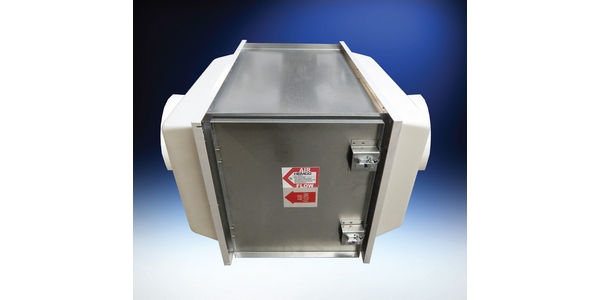NCCER Releases Updated Curricula
ALACHUA, Fla. — NCCER recently released the following updated curricula: Heating, Ventilating and Air Conditioning (HVAC) Levels 1 – 4; Mechanical Insulating Levels 2 and 3; Mobile Crane Operations Levels 1 – 3; Basic, Intermediate and Advanced Rigger; Signal Person; and Safety Technology. In addition to keeping content up-to-date, all include lesson plans and dynamic PowerPoints.
HVAC features many new technology advancements, such as communicating thermostats, dual-fuel heat pumps and microchannel coils, as well as technology for the technician, incorporating the use of tablets, digital work orders and invoicing and smartphone apps. NCCER is a North American Technician Excellence recognized training provider and the HVAC curriculum has been updated to the new Section 608 of the Environmental Protection Agency Clean Air Act.
Now in color, Mechanical Insulating has been reorganized to communicate fundamental information earlier in the curriculum. New modules include Vapor Retarders and Insulation Coatings (19211), Jacketing Systems (19313), Removable and Reusable Flexible Insulation Covers (19314) and the rewritten Trade Math and Layout (19212).
Both the Mobile Crane Operations and Basic, Intermediate and Advanced Rigger curricula have been brought up to current Occupational Safety and Health Administration regulations and American Society of Mechanical Engineers’ standards for lifting and rigging. These curricula also deliver additional study questions in the Load Charts module (21301).
Significant changes to Signal Person comprise of expanded information on lifts requiring more than one signal person and multi-crane lifts while new content features emergency procedures for working around cranes. Signal Person has been updated to current OSHA 29 CFR 1926.1419 and 29 CFR 1926.1421 regulations for hand and verbal signals.
Safety Technology is a recognized exam study source for the Board of Certified Safety Professionals’ construction-related certifications. This curriculum now provides topics such as weather emergencies and natural disasters, OSHA’s silica rule, multi-employer worksite polices and many more.
A team of subject matter experts representing industry and academia contribute to the development of training curricula to ensure they meet or exceed industry standards. The authoring committee responsible for making these changes included 45 subject matter experts.
For more info, visit www.nccer.org/curricula.



